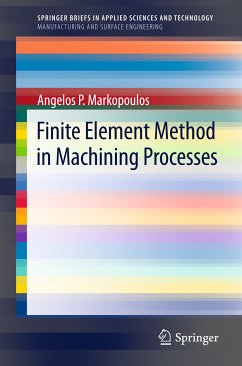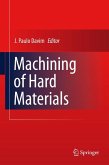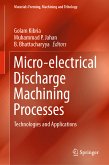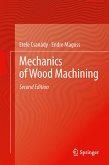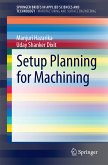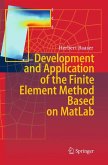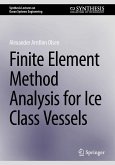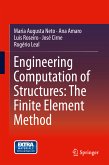Finite Element Method in Machining Processes provides a concise study on the way the Finite Element Method (FEM) is used in the case of manufacturing processes, primarily in machining. The basics of this kind of modeling are detailed to create a reference that will provide guidelines for those who start to study this method now, but also for scientists already involved in FEM and want to expand their research.
A discussion on FEM, formulations and techniques currently in use is followed up by machining case studies. Orthogonal cutting, oblique cutting, 3D simulations for turning and milling, grinding, and state-of-the-art topics such as high speed machining and micromachining are explained with relevant examples. This is all supported by a literature review and a reference list for further study.
As FEM is a key method for researchers in the manufacturing and especially in the machining sector, Finite Element Method in Machining Processes is a key reference for students studying manufacturing processes but also for industry professionals.
A discussion on FEM, formulations and techniques currently in use is followed up by machining case studies. Orthogonal cutting, oblique cutting, 3D simulations for turning and milling, grinding, and state-of-the-art topics such as high speed machining and micromachining are explained with relevant examples. This is all supported by a literature review and a reference list for further study.
As FEM is a key method for researchers in the manufacturing and especially in the machining sector, Finite Element Method in Machining Processes is a key reference for students studying manufacturing processes but also for industry professionals.
Dieser Download kann aus rechtlichen Gründen nur mit Rechnungsadresse in A, B, BG, CY, CZ, D, DK, EW, E, FIN, F, GR, HR, H, IRL, I, LT, L, LR, M, NL, PL, P, R, S, SLO, SK ausgeliefert werden.
